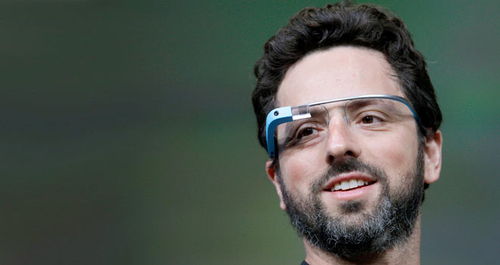When regarding the increased use of social media, many argue that this new form of technology comes with its risks and determinants of poor individual security. Many are ignorant of the snooping, and many argue on whether it is beneficial or not. By taking a look at a major innovation, we can shed light on this issue.
Introducing the Google Glass: new innovation technology creating a computer wearable on your head, that just so happens to resemble a pair of glasses. From the onset, this looks like a genius innovation that everyone will rush to the stores to get. Beyond the social pressures of owning the newest technologies, it is quite a cool and interesting innovation. To many, the rewards are considered: Fast, computer able to take pictures, search the web, and get results for queries fast and effectively. The drawbacks: Cost, and maybe how it will fit in everyday life. But the masses fail to consider one major aspect, their own privacy.

Picture society where a stranger can pull up information on you, from recent trips to embarrassing moments you would like to forget! Having my phone number and address out in the public like that doesn't seem to be something worth taking and considering. However, this is not even the major issue. Awareness of these potential risks and privacy hacks in the first place is. Many are unaware of the fall of privacy in today's society, and the new facial recognition technology idea in the Google Glass greatly personifies this. Increasing awareness of the state of their privacy can provide a far better platform to judge advantages and disadvantages of these technologies. Ignorance here, is no virtue. If facial recognition is in fact implemented in Google Glass, these threats to privacy must be clear and available to everyone looking to purchase them. Clearly, the drawbacks extend far beyond the cost or "how they look on me".
The Google Glass can provide a relevant case on society's awareness on how their privacy is being used or to the extreme, exploited as your own expense. Many live on Facebook, and are unaware of how their information is being stored or by whom it is being viewed. These innovations have brought great contributions to society and the marketplace today, providing jobs and much easier access to mass amount of data and contacts never done before. It is now possible to keep in touch with loved ones and friends all over the world, but the risks should reach far more individuals than it does now. This is only necessary to create a fair ground to which the success or implementation of these technologies, such as the Google Glass, can be effectively weighed and analyzed.
In my opinion, risks of privacy for the Google Glass, and hence all new innovations such as social media, should be made clear to everyone of all ages accessing these technologies. Instead of the usual, long, drawn out documents which are completely ignored by the masses and only clicked on "Agree, continue". To be honest, i doubt anyone has even read a snippet of the document, and providing a more clear representation of the effect on privacy can prove to be an effective solution. Maybe through pop-up notes on Facebook or similar easy-on-the-eye projections can help the reader or user identify possible risks of their own privacy. It wont require much in essence, its just up to whether enough awareness is raised on the first part.